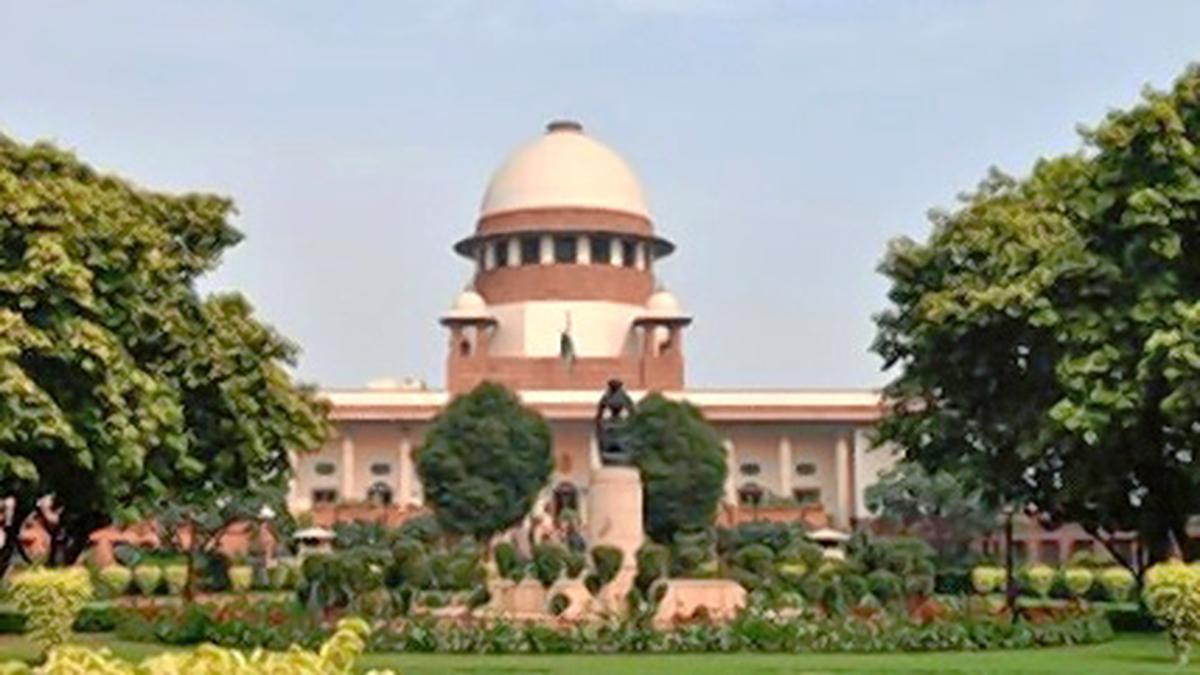
State largesse to the privileged causes public disillusionment, erodes trust in democratic institutions: SC judgment
The Hindu
Supreme Court declares unconstitutional allocation of public land to privileged classes, highlighting inequality and preferential treatment.
The Supreme Court on Monday (November 25, 2024) said the Andhra Pradesh government “artfully” disguised State largesse to judges, MPs, MLAs, bureaucrats, journalists and “persons of eminence” by allotting 245 acres of public land to them for a pittance in 2005 after declaring them as “deserving sections of the society”.
A Bench headed by Chief Justice of India Sanjiv Khanna, in a 64-page judgment, declared the allotment unconstitutional and arbitrary.
“Benefits granted to these privileged and well-off classes come at a cost, as they effectively deprive and deny the essentials to the marginalised and socially vulnerable populations… This is a classic case of executive action steeped in arbitrariness, but clothed in the guise of legitimacy,” the Chief Justice, who authored the judgment, observed.
The land was allocated by the government of the day within the Greater Hyderabad Municipal Corporation limits. The huge parcel of government property was virtually gifted to cooperative societies composed of MPs, MLAs, Supreme Court and High Court judges, bureaucrats, State government employees, Defence personnel, journalists, and eminent persons.
Chief Justice Khanna noted that not only were these classes of people allotted land preferentially, but the price of such land was also discounted to the basic rate, instead of the prevalent market rate.
“When the government allocates land at discounted rates to the privileged few, it engenders a system of inequality, conferring upon them a material advantage that remains inaccessible to the common citizen. This preferential treatment conveys the message that certain individuals are entitled to more, not due to the necessities of their public office or the public good, but simply because of their status,” the Supreme Court held.
The current State of Telangana argued in favour of the 2005 allotment. It said that these people formed a “distinct class”.

 Run 3 Space | Play Space Running Game
Run 3 Space | Play Space Running Game Traffic Jam 3D | Online Racing Game
Traffic Jam 3D | Online Racing Game Duck Hunt | Play Old Classic Game
Duck Hunt | Play Old Classic Game











